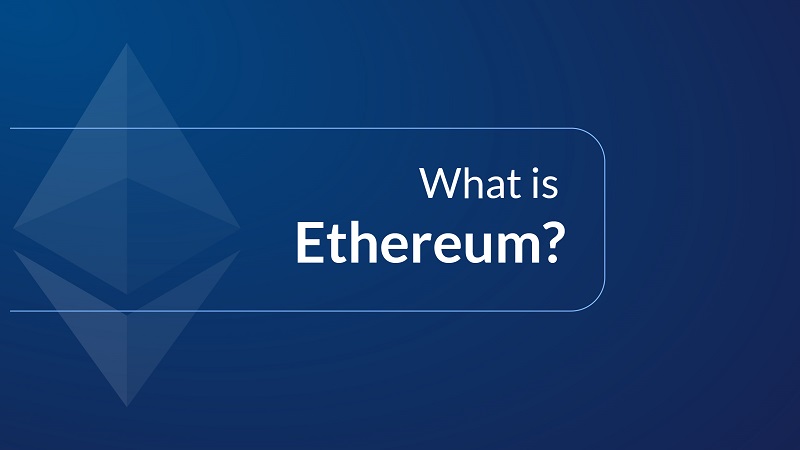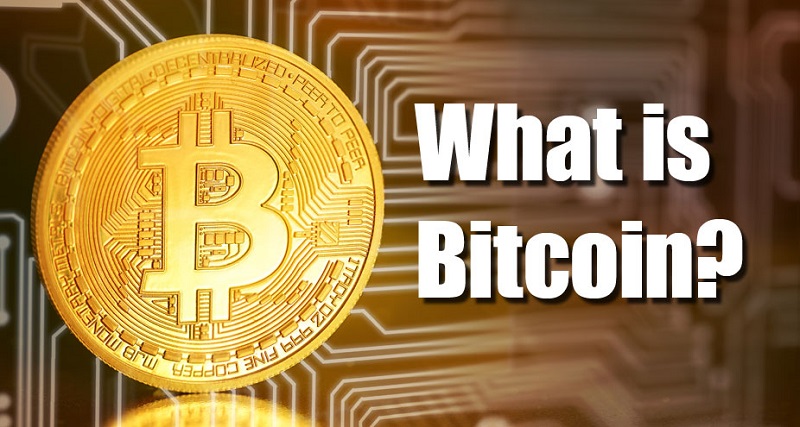Ethereum, launched in 2015 by Vitalik Buterin, is a multifaceted technological marvel that can be best understood as both a decentralized computing platform and a cryptocurrency. Unlike its predecessor Bitcoin, which is primarily seen as a digital store of value, Ethereum establishes a global network of computers running a powerful software platform. This platform empowers developers to create and deploy decentralized applications (dapps). Dapps, unlike traditional apps, function without a central authority, like a company or government. This opens doors to a future filled with peer-to-peer finance systems, transparent marketplaces, and even games that are collectively owned and operated.
One of the cornerstones of Ethereum’s functionality is the concept of smart contracts. These are essentially self-executing agreements written in code and stored securely on the Ethereum blockchain. Imagine a vending machine, but for digital interactions. The terms of the agreement are programmed into the code, and when predetermined conditions are met, the contract automatically executes. This eliminates the need for intermediaries, fostering trust and streamlining processes in a decentralized world.
Every action on the Ethereum network necessitates a transaction fee, payable in Ether (ETH), the platform’s native cryptocurrency. Similar to Bitcoin, ETH can be traded on cryptocurrency exchanges. However, ETH has a key distinction: it’s the fuel that keeps the Ethereum network running. Transactions fees incentivize users to contribute computing power to the network, validating transactions and maintaining security through a process called proof-of-stake. This mechanism differs from Bitcoin’s proof-of-work system, which relies on miners solving complex puzzles to validate transactions. Proof-of-stake is seen as a more energy-efficient approach.
In essence, Ethereum provides the foundational layer, a global computer infrastructure, for developers to build innovative and secure applications. The combination of dapps, smart contracts, and the ETH token ushers in an era of exciting possibilities in the decentralized world. Ethereum’s potential applications span across various industries, including:
- Finance: Decentralized finance (DeFi) allows for peer-to-peer lending, borrowing, and trading without the need for traditional financial institutions.
- Supply chain management: By tracking goods on the blockchain, Ethereum can ensure transparency and efficiency throughout the supply chain.
- Voting systems: Secure and transparent voting systems can be built on Ethereum, potentially reducing the risk of fraud and increasing voter confidence.
As the technology matures, we can expect to see a surge in innovative use cases that leverage the power of a truly decentralized world. The possibilities with Ethereum are vast and constantly evolving, making it a technology to keep a close eye on.


